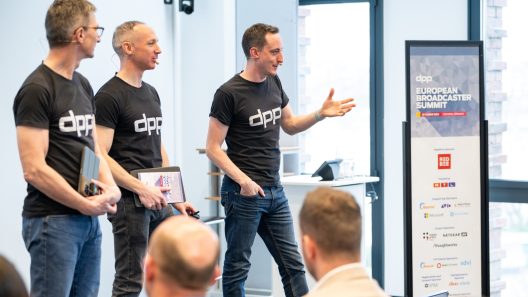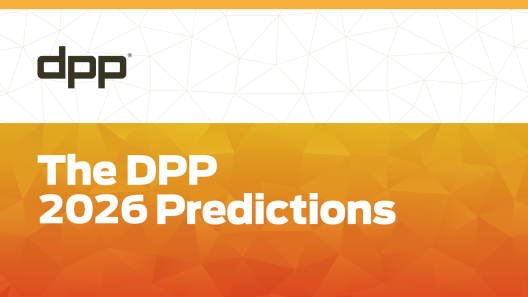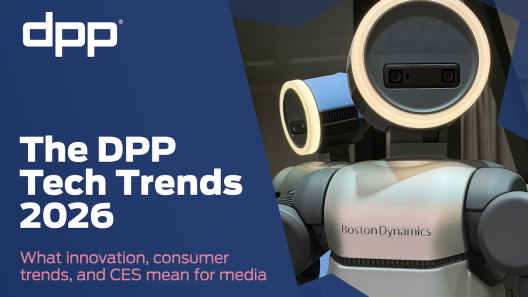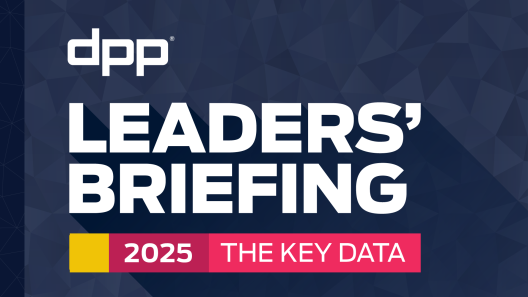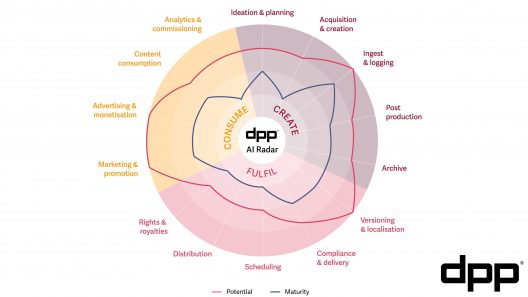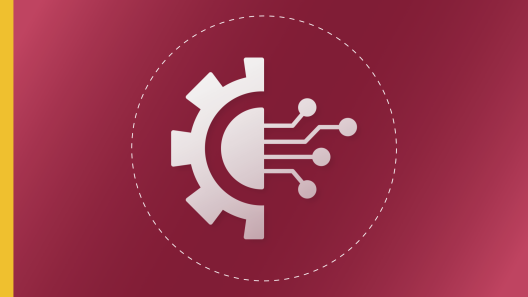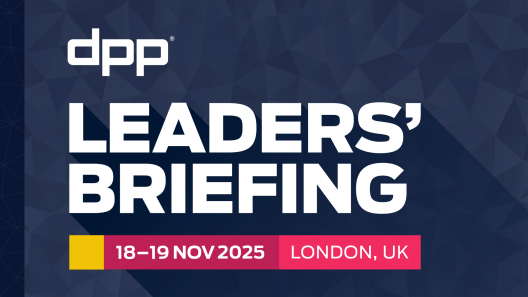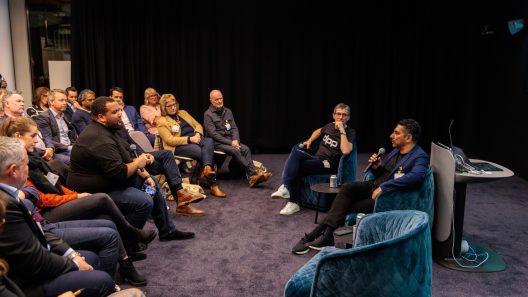Technology is making the world seem smaller, yet perhaps now more than ever, audiences want their locality and their culture reflected in the media they consume. From HBO’s German show Dark, with its fandoms in Chile, Bangladesh and Canada, to Netflix’s Spanish series Elite making waves in the US and UK, it’s no longer just big shows from the English-speaking world that have a global appeal.
In the world of high quality content, it’s increasingly the case that you can’t be a global player unless you’re a local player too.
It’s not just language that drives localisation, of course. Disney’s hit film Inside Out had 45 individual shots visually edited for differing cultural references. In some markets, hockey was swapped for soccer, while in Japan, protagonist Riley’s nightmare food was changed from broccoli to green peppers. Why? Because Japanese children love broccoli!
The same challenges are becoming more and more common for TV too. For Doctor Who’s 50th anniversary show, 106 versions were produced, while BBC natural history flagship Dynasties required around 20 versions per episode, plus clean elements.
Today, the process of creating versions is often highly manual. Even though most of the audio and video is common between them, each version results in a new, complete video file, requiring storage, management and QC. So, it’s clear that we need more efficient workflows to deal with this proliferation of versions.
IMF to the rescue
The Interoperable Master Format (IMF) is a form of component based media, allowing producers and distributors to manage multiple versions of content highly efficiently.
In an IMF workflow, you store and manage only the elements of video and audio that are unique between versions, reusing that which is shared rather than duplicating content. Composition Playlists (CPLs) – data structures that act as the ‘recipes’ – are used to define how these media components can be constructed into each required version.
This creates dramatic savings for storage and file transfer. If a new version is 98% similar to an existing version, with just a few shots changed, you need only store and manage the 2% of different shots, not a whole new copy of the programme.
IMF uses globally unique identifiers for every media track file and every composition, offering a host of benefits. It means the genealogy of content is clear. You can understand which content is shared between any two versions, simplifying content tracking and rights management. As new versions are created, knowledge is systematically preserved rather than lost.
IMF also enables more efficient exchange of versions between organisations. Often, new versions are created long after the original programme has been delivered. With IMF, you do not need to create and deliver a new full-length programme. Instead, only the new or changed content is delivered, along with a new CPL.
When you don’t duplicate media, you don’t need to duplicate QC either. Back in the days of tape delivery, a small change could be performed as a ‘drop-in edit’, simply laying the changed shot onto the tape. You would QC the video or audio that had been changed, together with a few seconds of content on either side, but rarely review the whole tape end-to-end. Yet in current file-based workflows, small versioning changes result in a completely new file, requiring a full new QC, at considerable cost. In an IMF workflow, however, it’s possible to perform a full QC only on the changed media, perhaps backed up by an automated QC of the full new CPL.
Next time on the DPP IMF blog, we’ll find out how the DPP is bringing the benefits of IMF to the broadcast and online content industries.






